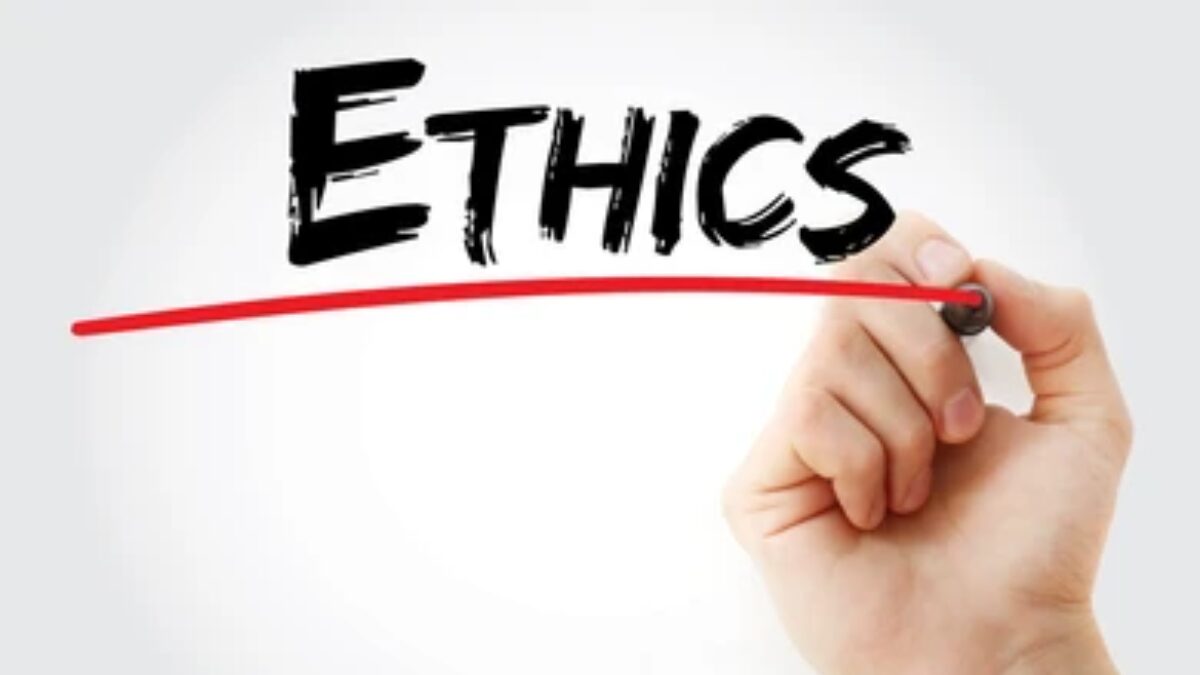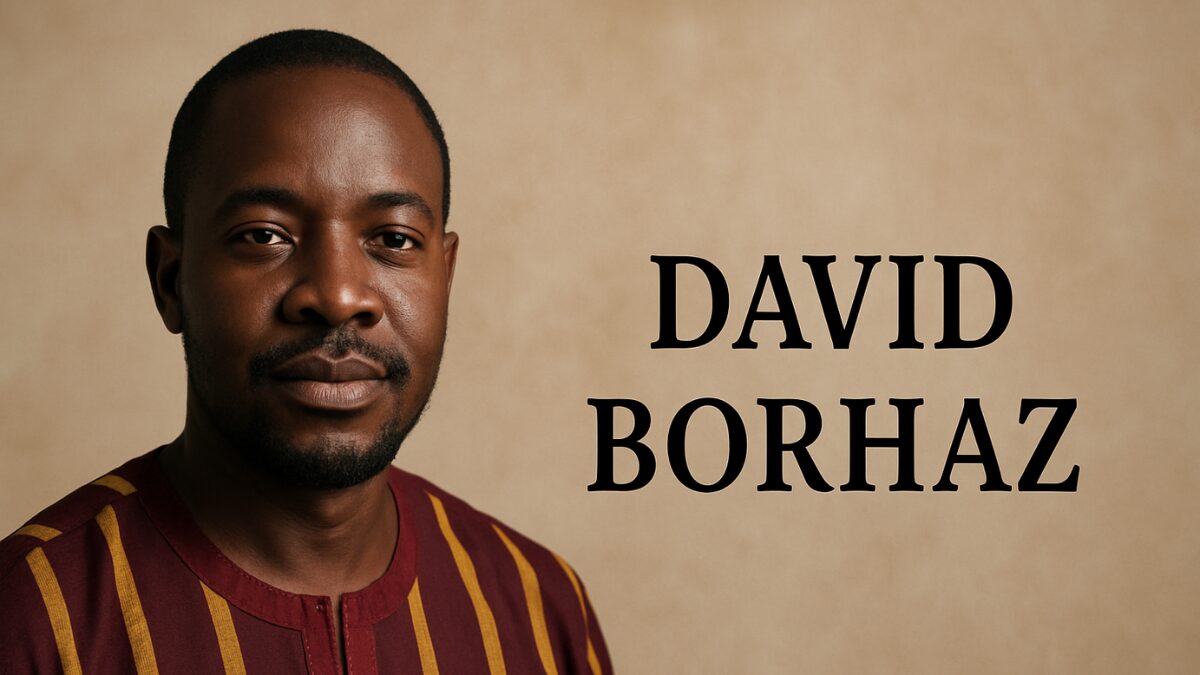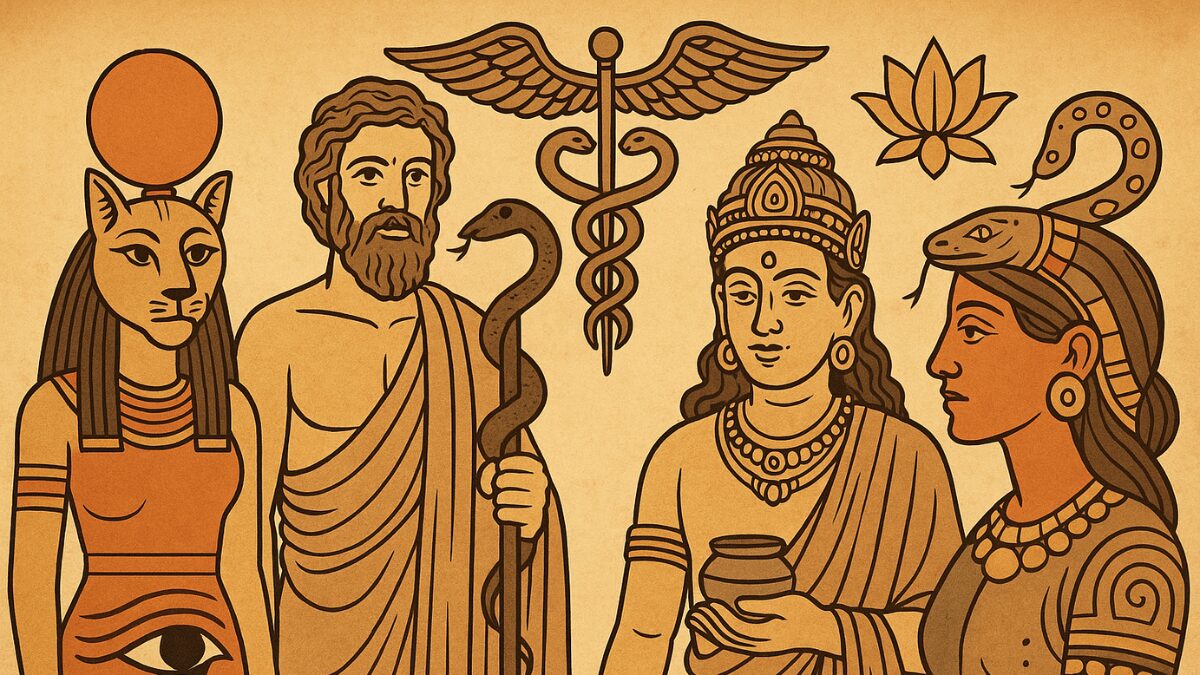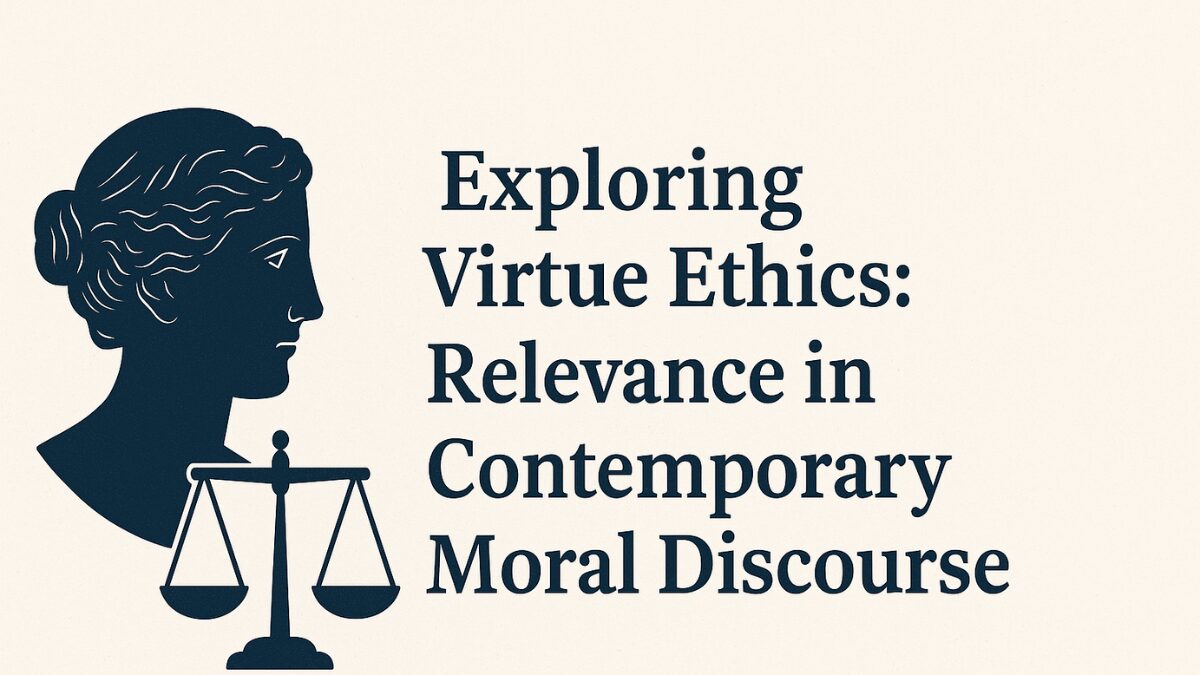Explore a detailed and easy-to-understand guide to ethical theories throughout history. Learn how moral philosophies evolved from ancient Greece to modern-day ethics.
Introduction
Ethics is the philosophical study of morality, guiding individuals and societies in distinguishing right from wrong. Over centuries, philosophers have developed various ethical theories to understand human behavior and justify moral decisions. This article presents a comprehensive guide to ethical theories throughout history, from ancient times to contemporary frameworks. Whether you’re a student, researcher, or curious reader, this guide simplifies complex concepts and places them in historical context for easy understanding.
What Are Ethical Theories?
Ethical theories are systematic frameworks that help determine what is morally right or wrong. They form the foundation for ethical judgments and are used in everything from personal decision-making to policy development. Each ethical theory is rooted in a particular view of human nature, society, or logic.
Ethical Thought in Ancient Times

Socratic Ethics (5th Century BCE)
Socrates, the father of Western ethics, believed that knowledge leads to virtue. His method involved questioning beliefs to uncover moral truths. For Socrates, unethical behavior stemmed from ignorance, and thus, education was the key to moral improvement.
Plato’s Virtue Ethics
Plato, a student of Socrates, developed a virtue-based ethical theory. He argued that a just life is one in which the soul’s parts—reason, spirit, and appetite—are in harmony. Virtues like wisdom, courage, moderation, and justice are central to this theory.
Aristotle’s Nicomachean Ethics
Aristotle further refined virtue ethics by introducing the concept of eudaimonia (flourishing or the good life). He believed that ethics should aim at achieving a balanced life through the cultivation of virtues such as honesty, generosity, and temperance.
Ethics in the Medieval Era

Christian Ethics and St. Augustine
Ethical thinking during the medieval period was strongly influenced by Christian theology. St. Augustine emphasized divine command theory, where morality is defined by God’s will. Human beings are seen as inherently sinful and must seek moral guidance through scripture and divine grace.
Thomas Aquinas and Natural Law
Aquinas blended Christian theology with Aristotelian philosophy. He introduced the concept of natural law, asserting that human beings possess reason that allows them to discern moral law embedded in nature, reflecting God’s eternal law.
Enlightenment and Rational Ethics
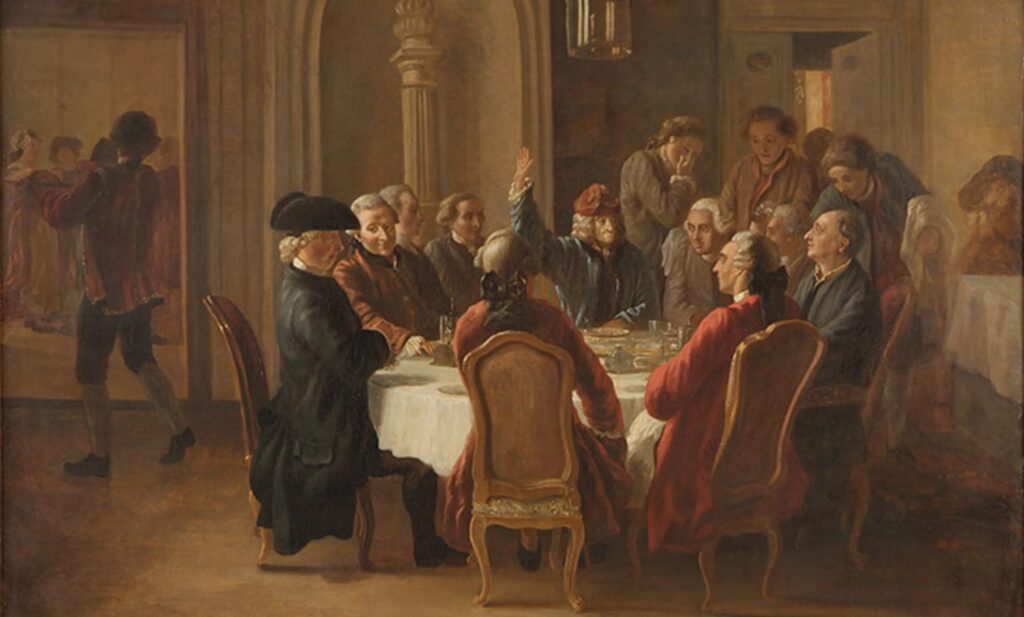
Immanuel Kant’s Deontological Ethics
Kant developed deontological ethics, emphasizing duty and universal moral laws. According to Kant, actions are morally right if they are done from duty and conform to a universal maxim. He famously proposed the Categorical Imperative, which instructs individuals to act only according to rules they would will to become universal laws.
Utilitarianism – Bentham and Mill
Utilitarianism, developed by Jeremy Bentham and refined by John Stuart Mill, promotes actions that maximize happiness or pleasure for the greatest number of people. Bentham introduced the “hedonic calculus” to quantify happiness, while Mill emphasized quality of pleasures, not just quantity.
19th and 20th Century Ethical Theories
Friedrich Nietzsche – Beyond Good and Evil
Nietzsche challenged traditional morality, which he saw as life-denying and rooted in religious dogma. He proposed the idea of “master morality” and “slave morality,” urging individuals to create their own values beyond societal norms.
Existentialist Ethics – Sartre and Kierkegaard
Existentialist philosophers like Jean-Paul Sartre and Søren Kierkegaard emphasized individual freedom, responsibility, and authenticity. According to Sartre, humans are condemned to be free and must create their own moral codes through action.
Pragmatist Ethics – John Dewey
Dewey’s pragmatic ethics focused on practical consequences and evolving values. He argued that morality should not be fixed but should adapt based on experience, context, and social needs.
Contemporary Ethical Theories

Virtue Ethics Revival
Modern philosophers like Alasdair MacIntyre revived Aristotle’s virtue ethics, stressing the importance of community and tradition in shaping moral character.
Care Ethics
Developed by thinkers such as Carol Gilligan, care ethics emphasizes relationships, empathy, and the moral importance of caring for others, particularly in familial and community settings.
Environmental and Global Ethics
Contemporary ethics has expanded to include concerns like animal rights, ecological responsibility, and global justice. Thinkers like Peter Singer promote effective altruism, urging people to maximize global well-being through rational charity.
Comparative Table of Ethical Theories
| Ethical Theory | Philosopher(s) | Core Principle | Era |
|---|---|---|---|
| Virtue Ethics | Socrates, Plato, Aristotle | Focus on moral character and virtues | Ancient Greece |
| Natural Law | Thomas Aquinas | Morality aligned with nature and reason | Medieval |
| Deontology | Immanuel Kant | Duty and adherence to moral laws | Enlightenment |
| Utilitarianism | Bentham, Mill | Maximize happiness for the majority | 18th-19th Century |
| Existentialism | Sartre, Kierkegaard | Personal freedom and responsibility | 19th-20th Century |
| Care Ethics | Carol Gilligan | Emphasis on empathy and relationships | Contemporary |
Why Ethical Theories Matter Today
Understanding ethical theories isn’t just for philosophers. These theories influence:
- Legal and political systems
- Medical decision-making (bioethics)
- Business and corporate responsibility
- Environmental policies
- Personal moral dilemmas
For example, debates over AI development, genetic engineering, and climate change often invoke utilitarian or deontological reasoning. Meanwhile, care ethics influences how we treat the elderly or manage social work.
FAQs About Ethical Theories Throughout History
1. What is the oldest known ethical theory?
The oldest known ethical theories come from ancient civilizations like Egypt and Mesopotamia, but Greek philosophy—especially Socratic and Aristotelian thought—marks the foundation of systematic ethical theory.
2. Is utilitarianism still relevant today?
Yes, utilitarianism is widely used in public policy, healthcare decisions, and AI ethics due to its outcome-based approach.
3. How do Eastern ethical theories compare?
Eastern traditions like Confucianism and Buddhism focus more on harmony, duty, and collective well-being than individual moral autonomy, offering a rich contrast to Western theories.
4. What is the difference between ethics and morality?
Ethics refers to systematic rules and theories guiding behavior, while morality refers to personal or cultural beliefs about right and wrong.
5. Can ethical theories conflict with one another?
Yes, different theories can offer opposing views on the same moral dilemma. For example, deontology may prohibit lying under any circumstance, while utilitarianism might allow it to prevent harm.
6. What is moral relativism?
Moral relativism holds that right and wrong are culturally dependent and that no single ethical framework is universally correct.
7. Is care ethics considered a feminist theory?
Yes, care ethics emerged from feminist critiques of traditional ethics, emphasizing relational and emotional dimensions of moral life.
8. What are modern challenges in ethical theory?
Challenges include global inequality, AI decision-making, climate change, and the moral implications of biotechnology.
9. Are ethical theories taught in schools?
Yes, many high school and university philosophy programs include ethics as a core topic.
10. How can one apply ethical theories in everyday life?
By using frameworks like virtue ethics to assess personal behavior or utilitarianism to make decisions that affect others, individuals can incorporate moral reasoning into daily life.
Conclusion
This article provided a comprehensive guide to ethical theories throughout history, exploring the evolution of moral thought from ancient Greek philosophy to today’s global ethical concerns. Each era introduced new perspectives shaped by culture, religion, and intellectual revolutions. Whether rooted in duty, virtue, or outcomes, these theories continue to shape our understanding of right and wrong in complex societies. Recognizing their differences—and overlaps—helps us make better, more informed ethical choices in our personal and collective lives.
also read: https://www.comfortglobalhealths.com/effective-coping-strategies-in-substance-abuse-group-therapy/




